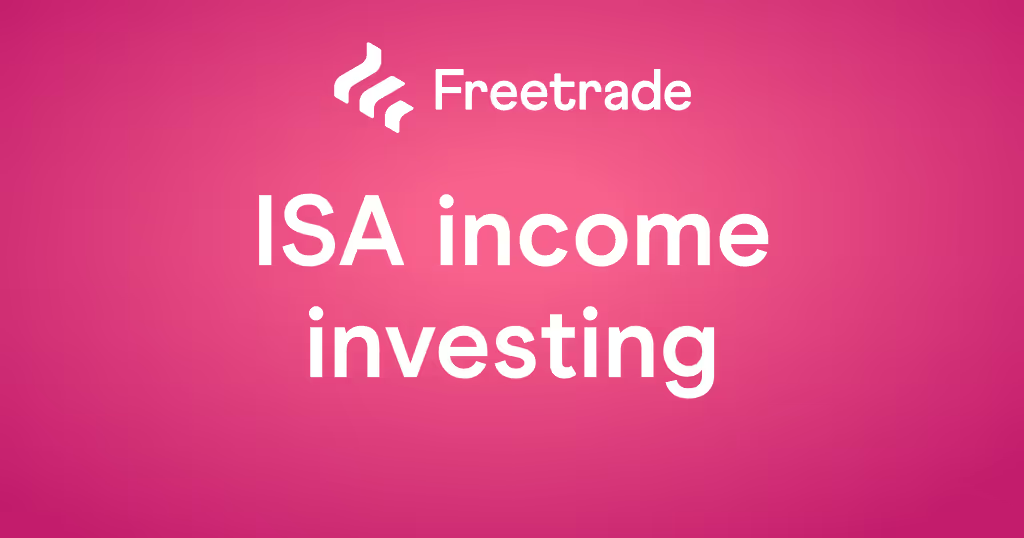We’re not going to tell you how to value stocks. In fact, we can’t. Partly because, as a broker, it’s not our place to deliver advice that prescriptive, but mostly because we actually can’t.
The truth is there’s no single way to invest or to value a stock.
There are many, many approaches to valuing assets and in some ways the market is a huge competition of whose theory works best.
The biggest camps are fundamental analysis, which focuses on companies’ fundamental qualities, their balance sheets and the broader financial world, and technical analysis, which tries to predict pricing trends by looking at past stock market data.
The jury’s out on whether technical analysis ever works. So today, we’ll focus on ideas in fundamental analysis. Even within this camp though, there’s huge variation.
A great example comes in comparing a pair of legendary investors: Warren Buffett and George Soros.
First, let’s take Warren Buffett, everyone’s favourite billionaire grandpa.
Why is Warren Buffett a god-mode investor? Because he’s great at working out the “real” value of stocks.
Buffett is the prophet of value investing.
This is less a single theory than a set of principles originated by legendary investor Benjamin Graham and carried on by his disciple, Buffett.
The core idea is that companies have an intrinsic, real value, premised on the future cash flows of the business, which the market often misprices through stupidity, over-exuberance or inattention.
With the right analysis of the company’s fundamentals — cash flow, margins, owned assets, market share and conditions — and some savvy predictions, canny investors can discover this and gain an edge.
Benjamin Graham (Yoda to Buffett’s Skywalker) devised 10 rules for value investing:
- An earnings-to-price yield at least twice the AAA bond rate
- P/E ratio less than 40% of the highest P/E ratio the stock had over the past 5 years
- Dividend yield of at least 2/3 the AAA bond yield
- Stock price below 2/3 of tangible book value per share
- Stock price below 2/3 of Net Current Asset Value
- Total debt less than book value
- Current ratio greater than 2
- Total debt less than 2 times Net Current Asset Value
- Earnings growth of prior 10 years at least at a 7% annual compound rate
- Stability of growth of earnings in that no more than 2 declines of 5% or more in year end earnings in the prior ten years are permissible
The first five points demonstrate commercial prowess and relative cheapness. The second five are risk avoidance principles — not too much debt, no evidence of a declining market.
Let’s pull out the second point around ‘PE Ratio’ individually. It’s calculated by dividing a company’s price per share by its net income per share.
Price to earnings ratio is the vital metric for value investors.
The formula allows you to compare how expensive the stock is relative to the income it brings in. Some value investors will focus on PE ratio above all, judging any stock with a ratio over 15–20 as running too hot.
However, low PE ratio companies might have good reasons for being cheap: maybe their future doesn’t look so bright or their competition look even better.
This brings us to Buffett’s big elaboration on value investing: quality investing. Buffett once said, “It’s better to buy a wonderful company at a fair price, than a fair company at a wonderful price.”
In quality investing, you categorise companies through various, sometimes less number-driven criteria. These might include market leader position, brand power, excellent management and a strong product record, which indicate a good bet for surviving and thriving long-term.
Quality investing can work in concert with value investing or as an independent strategy.
Arguably Buffett now subscribes more to quality than traditional value investing, as widening access to information and the size of his organisation have eroded the number of obscure super-bargain opportunities.
Now Soros, philosopher-king and the most successful hedge fund manager ever.
Soros, an investing titan and political bogeyman, studied as a philosopher before giving up to start one of the world’s most successful funds. It’s the ultimate retort to jokes about useless philosophy degrees.
In fact, Soros has argued that his investing success was down to his philosophical ideas, which are centred around the concept of reflexivity.
Reflexivity is a simple idea with complex outcomes. The principle is that you can’t test or predict a system without disturbing how it works and skewing the outcome. This in turn impacts the testing process, creating a feedback loop of inaccuracy.
Applied generally, this means when subjective, thinking people interact with the real world (i.e. test how it works), those interactions become chaotic and unreliable and their perception of reality becomes distorted.
Soros applied this principle to the financial markets. Like Buffett, Soros agrees that there is some real value of assets. However, he believes that people never find those prices because their interaction with the market shifts prices away from objective reality and into a feedback loop.
Take Phil, a real estate investor, during a property boom. As prices go up, Phil can borrow cheaply against the value of his investment. And since he’s doing so well, he rolls that money back into new properties. Maybe he only uses credit — it’s the fastest way to make money! Phil and his lenders see good evidence for a strong property market — prices are growing, credit is available — but they’ve had a hand in creating that evidence. Their jobs and dreams depend on it being true. That’s reflexivity.
Soros’ investing career was based on finding egregious examples of reflexive loops and trying to be closer to reality than everyone else. Big examples are the 1993 pound sterling crash and the 2008 housing bubble. Of course, other investors made money in both events, but Soros managed to do so using supposedly one methodology.
Reflexivity also allows for situations where investor interactions can reshape market reality potentially permanently. The classic example is Amazon. For years, a punchy, profitless company, the confidence of seemingly naive investors allowed the company the time, capital and valuation to prosper. Now those investors no longer seem so naive.
So, Buffett vs Soros
Two multi-billionaires, two theories of valuation and two investment strategies.
Buffett says: ‘Ignore the stampede, find good companies through value/quality criteria and hold them for the long-term.’
Soros says: ‘Aggressively seek out the stampede — crazy valuations, reflexive wishful thinking — and trip it up.’
Beyond these two, there are dozens of billionaire investors often with their own unique style.
There is no one secret path. You can be right for good reasons today and wrong for the same ones tomorrow. This is at once freeing and frustrating.
That said, there are good reasons for Buffett’s unique prominence, aside from simply being the wealthiest. His straightforward, un-flashy style, personal thrift and humility contrast well with slick Wall Street suits.
And the great, erm, value of value investing is that the rules are fairly easy for a small or novice investor to follow. The struggle comes in finding companies that satisfy all of them at once and having the patience and discipline to resist flashier investments.
You’re probably not going to be the next Buffett or Soros, but following Buffett’s (and Graham’s) rules are probably a more achievable goal.
Getting his returns might be harder.
Read more:
How to invest in stocks and shares
Savings vs investing - which is better?
This should not be read as personal investment advice and individual investors should make their own decisions or seek independent advice. This article has not been prepared in accordance with legal requirements designed to promote the independence of investment research and is considered a marketing communication.When you invest, your capital is at risk. The value of your portfolio can go down as well as up and you may get back less than you invest. Past performance is not a reliable indicator of future results.



.avif)









